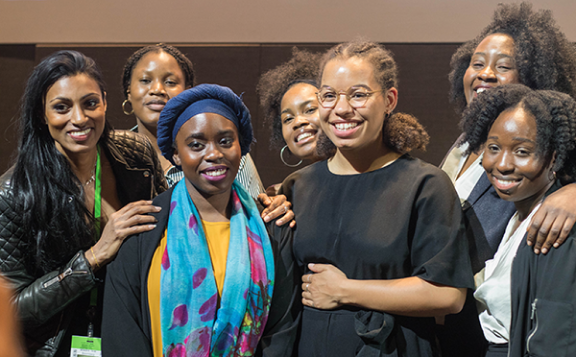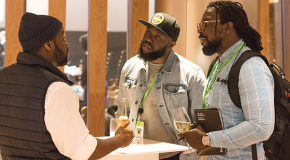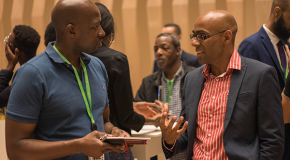We are an organisation
AFBE for organisations
Learn how to implement a successful diversity strategy from our wealth of experience

Research conducted by leading Engineering bodies show that people of black and minority ethnic origin (BME) are underrepresented in technical apprenticeships/courses and in the engineering profession (9%). Our advisory and consultancy services include sharing our ideas and communicating examples of best practice in engineering education and recruitment, retention and progression of diverse talent.
Discover our services

Our core services

Education and Learning Tools

Partner with us

Strategy

Mentoring
How can my organisation get involved?
We believe that the best way to attract the future diverse workforce is by engaging with them as early as possible. Engineering is vast and it is often difficult for young people to navigate. Your participation can offer them an insight into the business world. These range from participation in our workshops to offering work placements.
Register your interest by emailing us at [email protected] and [email protected]
Register your interest by emailing us at [email protected] and [email protected]












































































